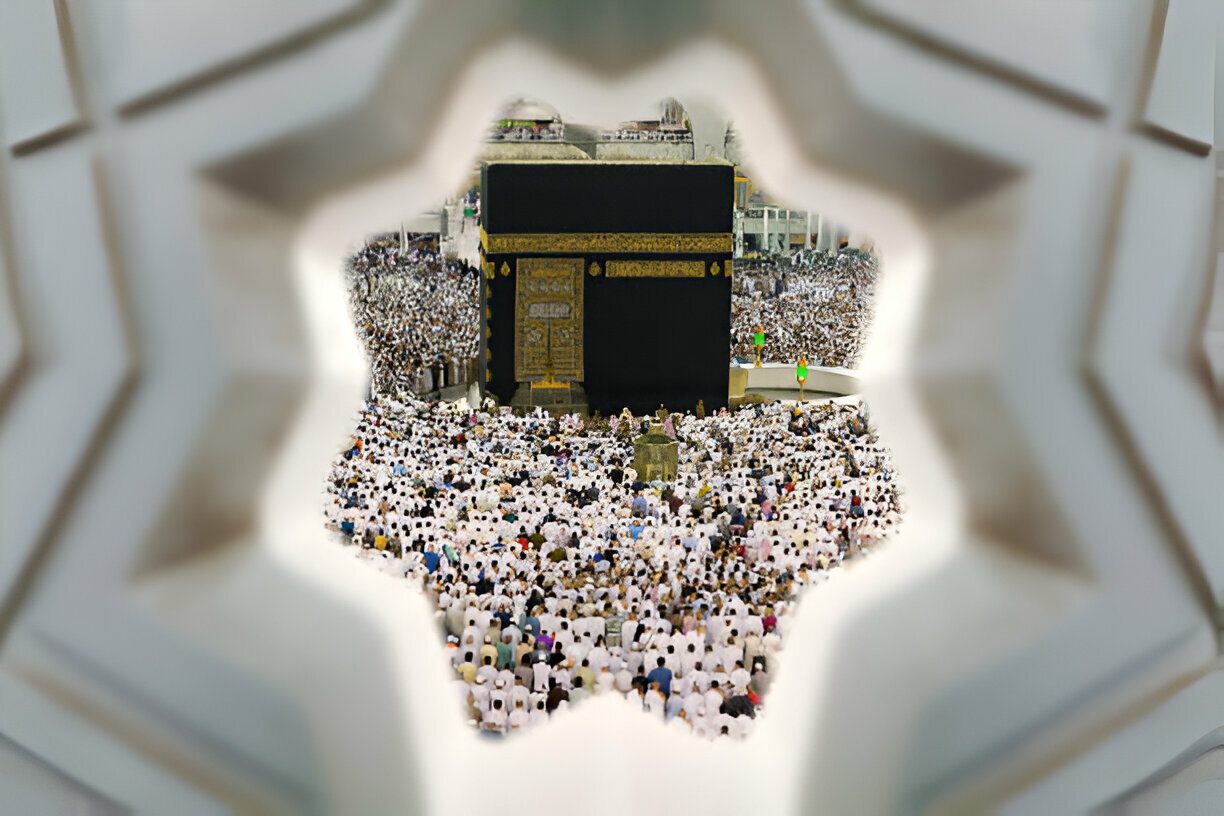As you step into the rich tapestry of the Islamic world, you’re greeted with the soothing resonance of “Salam,” a term you’ll encounter across cultures, countries, and contexts. But what does ‘Salam’ really mean? It’s far more than a simple greeting—it is a word imbued with peace, spiritual significance, and an expression of mutual respect. In this article, we unravel the profound layers of ‘Salam’, journeying through its historical origins, linguistic roots, and daily practices to truly appreciate the depth and breadth of this singular Islamic expression. Join us as we delve into the heart of ‘Salam’.
Introduction: What is ‘Salam’?
“Salam” is a common word that resonates throughout the Muslim world. Derived from the Arabic language, “salam” embodies one of the most fundamental and universal human desires: peace. This word, often expressed as a greeting, serves as a symbol of goodwill, respect, and unity among Muslims, irrespective of cultural, ethnic, or geographical differences.
It’s not just a mere word; “salam” stands as a representation of Islamic philosophy and values. At its core, it seeks to foster an environment of harmony, mutual respect, and love. The use of “salam” reflects the essence of Islam itself – a religion that promotes peace and brotherhood among its adherents and with others.
Historical Origins of ‘Salam’
The use of “salam” dates back to the inception of Islam in the 7th century. Its prevalence was established by the Prophet Muhammad (Peace be upon him), who advocated its use among his followers. He emphasized the significance of spreading “salam,” considering it an act of charity and a means to strengthen the bonds of brotherhood and unity within the Muslim community.
Throughout history, “salam” has persisted as a fundamental aspect of Islamic culture and tradition. Its use is found in historical accounts, literature, and correspondences between Muslim scholars and leaders. Over time, the practice of using “salam” as a greeting transcended the boundaries of the Arab world, becoming a global symbol of peace recognized by billions around the world.
The Linguistic Roots of ‘Salam’
In Arabic, the word “salam” stems from the root ‘S-L-M’ which denotes peace, security, and safety. The same root gives birth to other significant words such as “Islam” which signifies submission (to the will of God) and “Muslim” which means one who submits. The interlinking of these words provides a profound understanding of the essence of Islamic teachings.
The greeting “As-Salamu Alaikum,” which translates to “Peace be upon you,” originates from this root. It signifies a wish for peace and safety upon the person being greeted. This underlines the intent of goodwill and respect that a Muslim extends to another when they meet, perpetuating a culture of peace and harmony. This is also a pillar of the Salah. This further emphasis its importance.
‘Salam’: A Greeting of Peace
“Salam” is widely known as a universal Islamic greeting. It is not just a word of acknowledgment or a casual hello; it is a profound and heartfelt wish for peace upon the person being greeted. “As-Salamu Alaikum” is a prayer, a wish for tranquility, safety, and well-being, encapsulating the message of love and peace that Islam advocates.
When Muslims greet each other with “salam,” they express more than just verbal recognition. They share a moment of spiritual bonding, a mutual acknowledgement of faith, and a collective aspiration for peace and goodwill. This simple greeting thus serves as an enduring testament to the core values of Islam.
Spiritual Significance of ‘Salam’
In Islamic tradition, “salam” holds a special place, both in practice and spirituality. It is not merely a mode of communication but a reflection of one’s character and faith. According to the teachings of the Prophet Muhammad (Peace be upon him), exchanging “salam” is a means to earn blessings and promote a sense of brotherhood and affection amongst Muslims.
“Salam” is also one of the names of Allah, the ultimate source of all peace. Therefore, when a Muslim offers “salam,” they are essentially invoking God’s peace upon the individual they are greeting. It reaffirms a connection to divine peace, extending beyond the mundane realm of human interactions.
‘Salam’ in Daily Life: Practices and Etiquette
In everyday life, Muslims are encouraged to exchange “salam” as a common courtesy and as an expression of brotherhood and love. It is used when meeting or leaving, to begin conversations, and even in written communications. The Prophet Muhammad (Peace be upon him) advised Muslims to greet people irrespective of familiarity, thus instilling a spirit of inclusivity and respect.
The etiquette of “salam” also dictates that if one is greeted with “salam,” they should respond with equal or greater courtesy. For example, if one is greeted with “As-Salamu Alaikum,” the response should be “Wa Alaikum As-Salam” (And upon you be peace) or “Wa Alaikum As-Salam wa Rahmatullah” (And upon you be peace and God’s mercy), which carries a more profound blessing.
Conclusion: The Enduring Power of ‘Salam’
“Salam,” a simple yet profound expression, epitomizes the essence of Islam – peace, goodwill, and mutual respect. It is a universal greeting, a prayer for peace, a marker of Islamic identity, and a spiritual practice deeply rooted in Islamic tradition. The enduring power of “salam” lies in its ability to bring hearts closer, fostering a sense of community, unity, and love among Muslims worldwide.
The practice of “salam” stands as a testament to Islam’s teachings of peace and compassion. It serves as a constant reminder to Muslims of their duties towards each other and the broader world. Beyond a mere greeting, “salam” is a beacon of peace, serving as a bridge that connects individuals, cultures, and civilizations.






